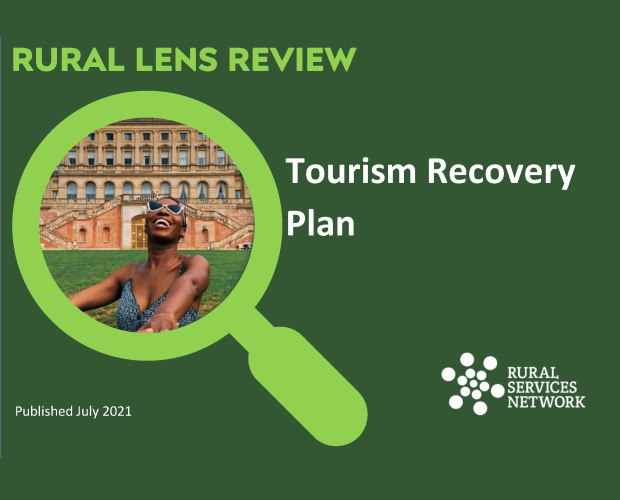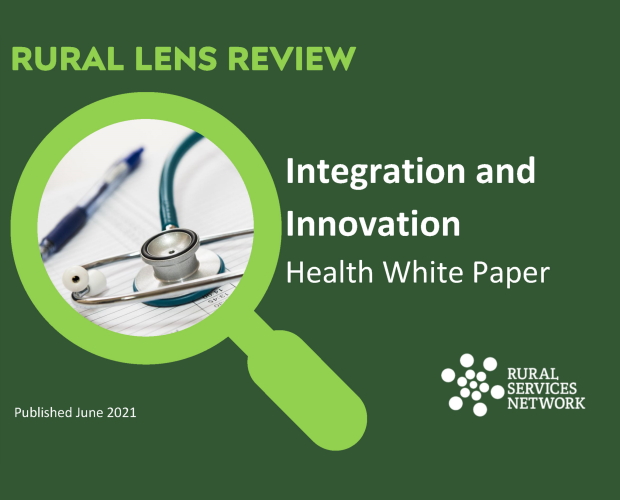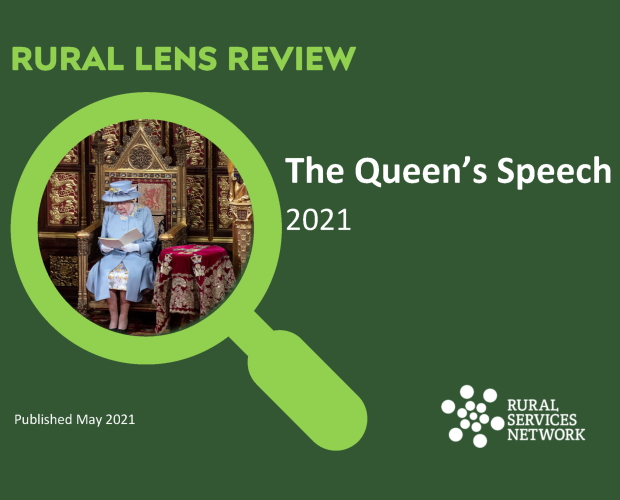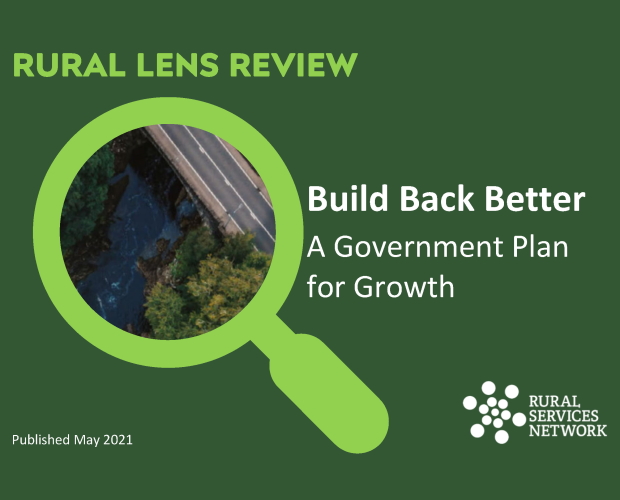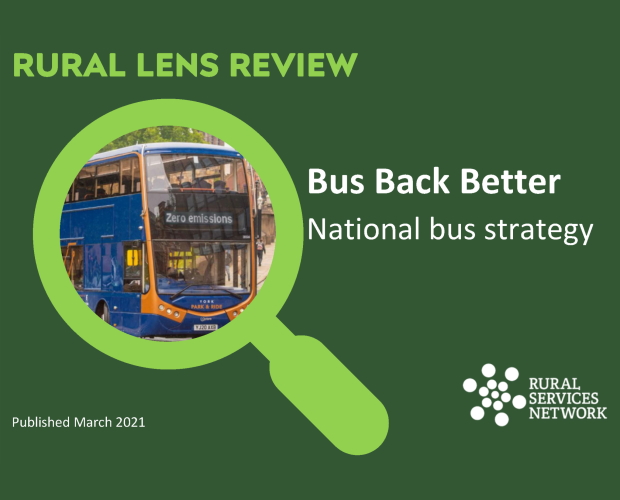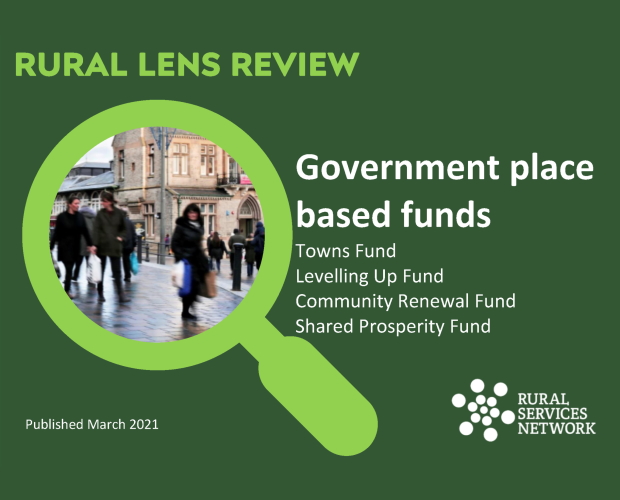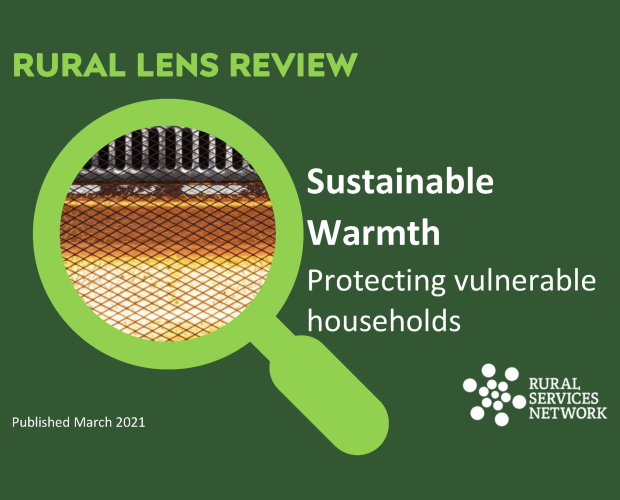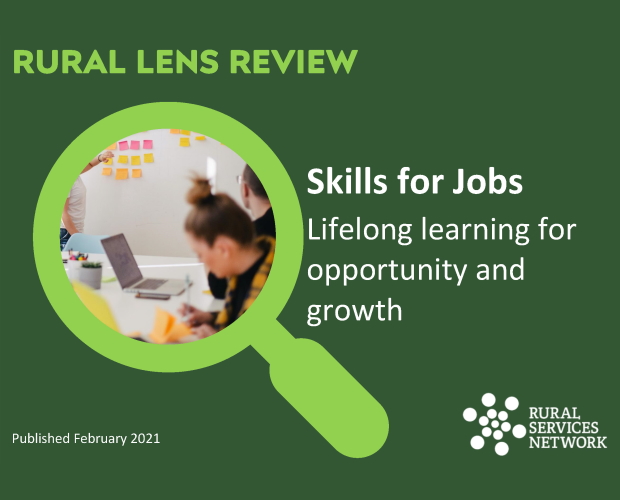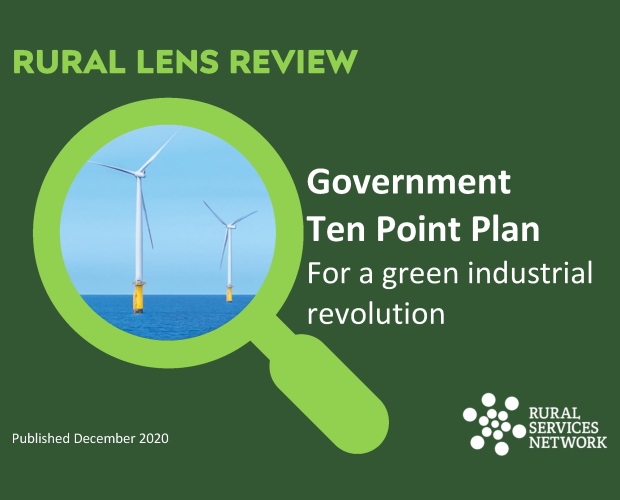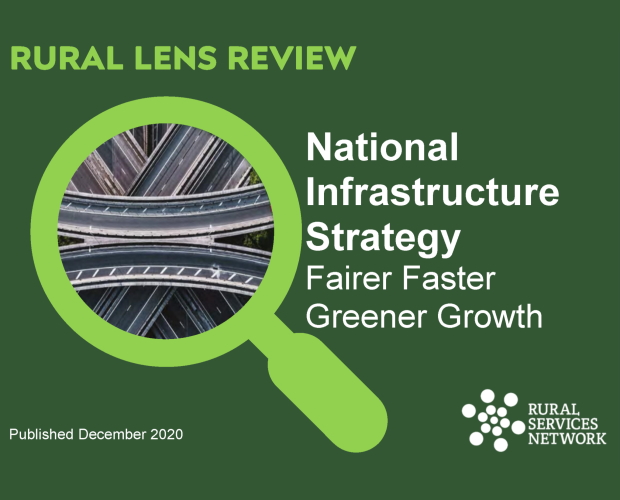T: 01822 851370 E: [email protected]
Visit RSN Survey about life in rural England to find out more.
The Tourism Recovery Plan was launched by the Government on 11 June 2021 with promises to help the sector build back better from the pandemic. It aims to recover domestic tourism to pre pandemic levels by 2022 and international tourism...
The White Paper Integration and Innovation: working together to improve health and care for all was published earlier this year and the RSN has produced a Rural Lens Review on its content. Initial thoughts are that the NHS remains place...
At the State Opening of Parliament on Tuesday 11 May, the Government, through the Queen’s Speech, set out its priorities and programme for the coming session including the legislation it intends to pass. The Queen’s Speech states the programme it...
In March government published Build Back Better, a publication setting out the government’s plan to support economic growth through investment in infrastructure, skills and innovation through levelling up, supporting the transition to net zero and realising the vision of a...
Whilst the RSN has published some initial thoughts on Bus Back Better, which the Government launched early in 2021, it has now had the opportunity to consider the strategy and the this Rural Lens document sets out some key considerations...
The Government has announced a number of funds designed to target support where it is needed most The Rural Services Network has considered these funds as part of it’s Rural Lens series of work where we consider Government Publications and...
The Rural Services Network has been considering key government documents and publications ‘Through a Rural Lens’ to see how rural communities and their services are considered. In the latest of our ‘Through a Rural Lens’ analyses, we have reviewed the...
In the latest of our ‘Through a Rural Lens’ analyses we have reviewed the Government’s recent White Paper “Skills for Jobs: lifelong learning for opportunity and growth” 'Rural’ does not appear to be mentioned anywhere in the document. Nor are...
On 18 Nov 2020, the Prime Minister laid out his plans for the 10 Point Plan for Green Industrial Revolution Government said:“The plan – which is part of the PM’s mission to level up across the country - will mobilise...
The National Infrastructure Strategy was launched on 25th November at the same time as the one year Spending Review In recent weeks the Rural Services Network has published a ‘Rural Take’ on the Spending Review and turns its attention now...
NEWSLETTER
Sign up to receive all our latest news and updates.
HOT TOPICS
Amid reduced public spending, fair resource allocation across regions is crucial. Despite a population larger than Greater London, rural areas receive significantly less funding for essential services, even though delivering these services in rural areas is more expensive.
Economic growth is widely acknowledged as essential for national wealth and prosperity and is a priority for political parties. Rural economies, employing millions and home to a higher proportion of small businesses, have potential for growth if barriers are removed.
Rural residents face distinct healthcare challenges, including limited access to transport, longer distances to medical facilities, an aging demographic, housing inadequacies, digital connectivity gaps, and difficulties recruiting health and care workers.
Rural communities are grappling with a severe affordable housing crisis, marked by high house prices, a lack of affordable housing, elevated living costs, and lower incomes, threatening their sustainability and vitality.
Transport is vital for the quality of life and economic health of rural areas, yet it faces challenges such as infrequent public bus services and less Government funding compared to urban regions.
Rural areas, encompassing a substantial portion of England's population and land, play a pivotal role in combating climate change and achieving the net zero target.
In an increasingly digital world, the lack of robust digital infrastructure in rural areas severely limits access to crucial services and stifles economic growth.
A future-focused vision for rural communities involves not just building the right homes in the right places but also ensuring thriving, sustainable communities.
SIGN UP TO OUR NEWSLETTER
Sign up to our newsletter to receive all the latest news and updates.

